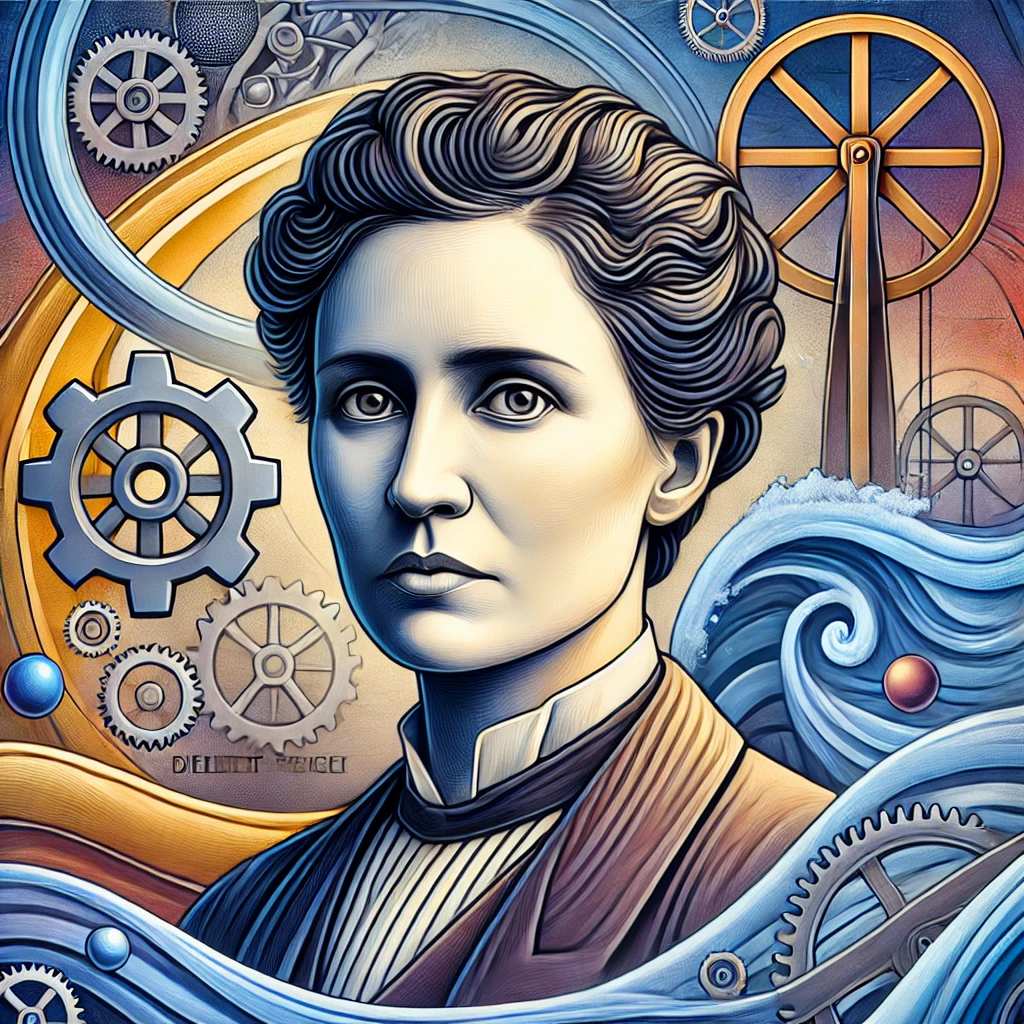Rosa Luxemburg

Birth Date: 1871-03-05
Death Date: 1919-01-15
Place of Birth: Zamość, Poland
Place of Death: Berlin, Germany
Century: 19th-20th
Region: Europe
"Freedom is always and exclusively freedom for the one who thinks differently."
Born in Poland, Rosa Luxemburg was a leading figure in European socialist movements in the late 19th and early 20th centuries. She was an outspoken critic of both capitalism and reformist socialism, advocating for radical, revolutionary change. She played a central role in the Spartacist uprising in Germany and was assassinated in 1919.
Luxemburg believed that true social change should come from ordinary people working together, not just from leaders. She argued that democracy and freedom are important in building a fair society where everyone has a voice.
The Accumulation of Capital: Luxemburg’s work on the dynamics of capitalist economies, where she critiques the idea that capitalism can sustain itself without external markets. Reform or Revolution: A pamphlet arguing against the idea that socialism can be achieved through gradual reforms, advocating instead for revolutionary action.
Luxemburg was influenced by the works of Karl Marx and Friedrich Engels, particularly their critiques of capitalism and their advocacy for revolutionary change. She was also inspired by the internationalist ideals of the socialist movement and critiqued Leninist centralism in favor of grassroots democracy.
Luxemburg’s writings have influenced a wide range of Marxist and socialist thinkers, particularly those advocating for democratic socialism. Her critiques of capitalism and imperialism, as well as her arguments for the spontaneity of mass movements, continue to inspire socialist and feminist thought.
Luxemburg’s advocacy for revolution and her criticism of more moderate, reformist socialists made her a divisive figure within the socialist movement. Her opposition to Lenin’s authoritarian methods led to significant debates within communist circles about the best path to socialism.
Luxemburg’s critics included reformist socialists who felt her revolutionary tactics were too extreme, and Leninists who argued that her commitment to grassroots democracy undermined the necessity of a strong, centralized party.
Luxemburg’s legacy endures in socialist and feminist movements, and her writings on democracy, imperialism, and capitalism remain influential. Her ideas continue to inspire those advocating for both socialism and freedom of expression within revolutionary movements.
Luxemburg was known for her fierce intelligence and wit. She once famously debated Lenin about the role of spontaneity in revolution, arguing that true socialist movements must arise from the masses rather than be dictated from above. Her last known words before her assassination were, 'Order prevails in Berlin. You stupid lackeys! Your 'order' is built on sand. Tomorrow the revolution will rise again, clashing its weapons, and to your horror it will proclaim with trumpets blazing: I was, I am, I shall be!'





